
Do Virgos Bloom Late?
 The enigma of the late bloomer is wrapped in both mystery and hope, like the Virgo crafting their own destiny, bead by bead, stitch by stitch, while the world busies itself with the parade of immediate gratification. They take the scenic route, the one less traveled, where you can stop to admire the wildflowers, and perhaps pick a few to press between the pages of your life’s story. This is where Virgo, with their attention to detail, comes into play. The Virgoan energy is all about refinement, about perfecting the craft, about knowing that good things – no, great things – take time. In the world of astrology, all of the earth signs are often considered late bloomers because they embody the virtues of patience, discipline, and a certain earthy realism. These signs aren’t in a rush to showcase their talents because they understand that true mastery doesn’t happen overnight. Virgos are the artisans, the analysts, the quiet geniuses who take their time to polish their skills until they shine like a diamond that’s just emerged from the rough.
The enigma of the late bloomer is wrapped in both mystery and hope, like the Virgo crafting their own destiny, bead by bead, stitch by stitch, while the world busies itself with the parade of immediate gratification. They take the scenic route, the one less traveled, where you can stop to admire the wildflowers, and perhaps pick a few to press between the pages of your life’s story. This is where Virgo, with their attention to detail, comes into play. The Virgoan energy is all about refinement, about perfecting the craft, about knowing that good things – no, great things – take time. In the world of astrology, all of the earth signs are often considered late bloomers because they embody the virtues of patience, discipline, and a certain earthy realism. These signs aren’t in a rush to showcase their talents because they understand that true mastery doesn’t happen overnight. Virgos are the artisans, the analysts, the quiet geniuses who take their time to polish their skills until they shine like a diamond that’s just emerged from the rough.
When we talk about finding one’s true calling later in life, or getting married at 40, or starting a new career in your 50s, we’re not talking about missed opportunities; we’re talking about ripened fruit, ready to be picked at the perfect moment. Life isn’t a race but a dance, with each step taken in its own time. Virgos don’t miss the parade because they’re too busy designing their own parade – one that reflects their values, their vision, and their own unique rhythm. So, if you or someone you know feels like a late bloomer, take heart. It’s not about lagging behind; it’s about aligning with the divine timing of your own life. Being a late bloomer is just another way of saying that your time to shine is coming, and when it does, it will be all the more brilliant for having waited.
“Many parents mention that they are worried about the Virgo child. The anti-social hermit phase seems to continue so long that they fear perhaps the late blooming daughter will metamorphose some day into the picture of the Old Maid playing card. One mother told me ” I fear she will wake up one morning a spinster who keeps cats.” Usually it can be demonstrated to the parents satisfaction, though, that the hermit coincides with some kind of apprenticeship and it is not a social maladjustment. When Virgo feels content or competent at his craft, he does develop interest in social life. It has little or nothing to do with chastity or sex, but is a type of Virgo simplification. How many of my Virgo/Virgo rising clients have remarked over the years “I could never have been married during my first year of teaching (or nursing, or social work). I went home exhausted, took a nap and opened the books or the briefcase and worked until the wee hours. Archetypes of the Zodiac (Llewellyn Modern Astrology Library)
Virgos are often found tucked away in dimly lit rooms, surrounded by knowledge, lost in a world where ideas bloom like flowers in a secret garden. This is a sign that thrives on mental stimulation, that finds joy in the dissection of thoughts, in the careful arrangement of knowledge into patterns that make sense of the chaos of life. It’s not surprising that Virgos are often seen as late bloomers, for they are forever cultivating their minds, nurturing their skills, and polishing their intellect until it shines with a quiet, understated brilliance.
Being “married” to their work is a way of life. They possess an almost spiritual dedication to their craft, whatever that might be. Their work isn’t just something they do; it’s an extension of who they are. Whether they’re perfecting a piece of writing, solving a complex problem, or simply organizing their thoughts, Virgos approach everything with the same care and attention to detail. And because of this, their development often happens at its own pace, in its own time, without the need for external validation or applause.
This quiet humility is perhaps one of Virgo’s most endearing qualities. In a world that often celebrates the loudest, the boldest, and the most flamboyant, Virgo’s true greatness doesn’t need to shout. It doesn’t need to be on display. It’s the quiet confidence of knowing that your worth isn’t measured by how many people notice your work but by the integrity with which you approach it. So, while the Virgo might be seen as a late bloomer, it’s important to understand that this is by design, not by default. They’re like a rare flower that takes time to grow, but when it finally blooms, it does so with a beauty that’s all the more stunning for having been hidden for so long. They don’t rush their development because they know that anything worth doing is worth doing well, and that true mastery requires time, patience, and a deep, abiding love for the process itself.
In the end, the Virgo’s path is one of quiet evolution, of steady progress, of a life dedicated to the pursuit of excellence, not for the sake of recognition but for the sheer joy of perfecting one’s craft. And that is a kind of success that no parade, however grand, could ever match.
A Virgo’s mind is often engaged in sorting, labeling, and classifying. Each thought, each idea, is placed in its proper drawer, filed away and ready to be retrieved at the exact moment it’s needed. You see, Virgo’s discriminating nature isn’t about being overly critical; it’s about clarity, about finding the exact word, the perfect sentence, the most fitting concept to express the complexities of their inner world. Ruled by Mercury, the planet of communication and intellect, Virgo’s relationship with knowledge is different. They don’t just accumulate facts for the sake of it; they curate knowledge, turning it into something useful, something that can be shared with others to enhance understanding, to solve problems, to bring order to chaos. Virgo’s approach to learning is deeply practical, ensuring that nothing is wasted, that every nugget of wisdom is transformed into something of value. It’s a bit like alchemy, really—turning base metals into gold, or in Virgo’s case, turning raw information into wisdom.
Now, this brings us to the archetype of the writer—the solitary figure, often retreating from the world, not out of disdain but out of necessity. For a writer, especially one with strong Virgo influences, the world is full of distractions, each one a potential disruption to the delicate process of creation. The Virgo writer understands that to bring forth something of true value, one must sometimes become a hermit, retreating into the quiet spaces where thoughts can grow undisturbed, where ideas can be tended to until they are ready to face the world. This is why so many writers, particularly those with a Virgo bent, don’t publish their first major work until later in life. It’s not that they’ve been idle; far from it. They’ve been working, honing their craft, perfecting their voice, and waiting until the work is truly ready, until it can stand on its own and offer something meaningful to the world. Virgo’s patience and dedication to the process mean that when they do finally emerge from their solitude, they bring with them something of substance, something that has been carefully crafted and refined.
Virgo’s need to categorize and classify is a tool, a means of making sense of the world, of organizing the vast sea of information into something coherent, something that can be understood and, more importantly, something that can be shared. So, if you find yourself drawn to the solitary life of the writer, the thinker, the creator, know that this is not a sign of isolation but of dedication. Like the Virgo, you are sorting through the noise, finding the threads of truth, and weaving them into something that can stand the test of time. And when the time is right, when the work is ready, you’ll emerge not as a late bloomer but as a fully realized creator, offering the world something of lasting value.
Life often seems enamored with the glittering façade of romance and risk, but Virgo stands apart. Seeking not the quick thrills but the enduring substance that gives life meaning. Virgo ensures that every action, every choice, serves a purpose—one that aligns with their need for order, security, and self-sufficiency. Liz Greene says that Virgo might even “throw away romance” in their desire for a useful life, they might sideline the more fanciful aspects of life. Romance, with all its messy emotions and unpredictable turns, can seem like a distraction from Virgo’s mission—a mission rooted in making life practical, orderly, and, above all, useful. To Virgo, love might be seen through the lens of realism: less about starry-eyed passion and more about partnership, mutual respect, and shared goals. And while this may sound a touch tragic, there’s a certain beauty in Virgo’s approach to life and love—one that’s grounded, dependable, and deeply caring, even if it doesn’t always wear its heart on its sleeve.
In the Virgoan world, everything must be studied, analyzed, and improved—a relentless pursuit of perfection that can indeed lead to feelings of inadequacy. The introverted Virgo, often shy and lacking in social ease, might feel the weight of this inner critic, constantly measuring themselves against an ideal that’s nearly impossible to achieve. It’s no wonder, then, that Virgos might grapple with a sense of inferiority, a feeling that they’re never quite enough, despite their considerable talents and gifts. This drive for privacy and the need to create a space of one’s own, away from the world’s chaos, is partly a defense mechanism—a way to protect their sensitive, analytical minds from the harsh judgments they so often direct at themselves.
And then there’s the matter of security. For Virgo, security is a necessity. The daily routine, the 9-to-5 job, the steady income—these are the things that allow Virgo to breathe, to function without the constant fear of the unknown. Risk, with all its tantalizing possibilities, is often seen as a threat to this carefully constructed stability. It’s not that Virgos are incapable of taking risks; it’s just that they prefer to weigh every potential outcome, to ensure that any leap they take is well-calculated and likely to land them on solid ground. For the earth signs, and Virgo in particular, the guarantee of a secure future often outweighs the excitement of the unknown.
Yet, within this cautious, pragmatic exterior lies a sign that represents the completion of the individual in the zodiac’s grand sequence. Virgo, whose very name in Latin means “unmarried” or “self-possessed,” embodies the essence of independence and self-sufficiency. They belong to no one because they belong wholly to themselves, learning the vital lesson that true fulfillment comes from within, not from external validation or dependence on others. The symbol of the Maiden or Virgin speaks to this self-contained power—a figure endowed with the gifts of womanhood, not as a symbol of fragility, but of inner strength and wholeness.
Virgo’s journey is one of mastering the self, of finding completeness within, and of understanding that their worth isn’t tied to romantic entanglements or societal expectations, but to the integrity with which they live their lives. In their quiet, understated way, Virgos find beauty in self-reliance, in the crafting of a life that, while perhaps not filled with grand passions or reckless adventures, is rich in meaning, purpose, and a deep, abiding sense of self.
So, while the Virgo might sideline romance or shy away from risk, it’s not out of fear or lack of capacity, but out of a profound respect for the life they are building—one that is independent, whole, and true to their nature. And in that, there’s a quiet nobility that is, in its own way, as romantic as any grand love story, and as courageous as any daring leap into the unknown.
Virgo is the emblem of the harvest, where the fruits of labor are gathered, and the cycle of growth comes full circle. The time of harvest is a fitting metaphor for Virgo, a sign so deeply connected to the ideas of maturity, culmination, and the painstaking process of gathering wisdom and experience. Just as the harvest is labor-intensive, requiring careful attention and dedication, so too is Virgo’s journey through life—a constant effort to refine, perfect, and ultimately reap the rewards of their hard work. The myth of Demeter and Persephone beautifully intertwines with Virgo’s essence, reflecting the transformative journey of Persephone. In this myth, we see the themes of loss, growth, and rebirth—elements that are all central to the Virgo experience. The young maiden Persephone, abducted to the underworld, returns transformed—no longer the innocent girl but a queen, wise and powerful. This mirrors Virgo’s path: the transition from a state of youthful innocence to one of mature understanding, a journey that is often marked by solitude and introspection.
Virgo’s transformation is one of gradual refinement, like the slow turning of the seasons. It often requires periods of solitude—necessary retreats where they can focus on their inner work, unburdened by the distractions of the outside world. This is where the Hermit, Virgo’s Tarot card, comes into play. The Hermit symbolizes the wisdom that comes from introspection, from turning inward to find the answers that cannot be discovered in the noise of everyday life. When the Hermit appears in a reading, it’s a call to step back, to withdraw from life, and to dedicate time to self-discovery and inner growth.
For Virgo, this time alone is not a punishment but a vital part of their development. It’s during these periods of withdrawal that they do the necessary inner work, examining their thoughts, their values, and their goals. In this solitude, they prepare for the next phase of their life, much like preparing the land for the next crop after the harvest. There is always a sense of preparation with Virgo—a feeling that they are constantly working towards something, even if that something isn’t immediately clear.
The Hermit’s lantern, lighting the way through the darkness, is a powerful symbol for Virgo. It represents the inner light of wisdom that guides them through life’s, the steady flame that burns within, leading them towards greater understanding and self-integration. This journey isn’t always easy—Virgos may struggle with feelings of inadequacy, with the fear of not being enough, or with the challenge of balancing their need for order with life’s inherent chaos. But it’s through these struggles that they grow, becoming more whole, more integrated, and more at peace with themselves.
Virgo’s journey is one of self-mastery. The sign represents the completion of the individual, not in the sense of finality but in the sense of a continual process of becoming. Like the harvest, it’s about gathering what has been sown, learning from it, and preparing for the next cycle. Virgo’s path is one of quiet strength, of dedication to the self and to the world, of understanding that every moment, every experience, is a step towards greater self-awareness. If you find yourself in a Virgoan phase of life, know that this time is not wasted but is essential for your growth, for your harvest. And when the time is right, you’ll emerge from the Hermit’s cave, not as the person you were, but as someone wiser, more complete, and ready for the next stage of your journey.
Astrologer Arthur Dion Jungian Birth Charts: How to Interpret the Horoscope Using Jungian Psychology (Aquarian Astrology Handbook) phrases Virgo’s penchant for detail in a powerful way. By focusing on a small flaw, Virgo can miss out on the whole picture.
They are like the woman who wanted to discover the secret of beauty by plucking the petals from the rose, until of course there was no rose left to look at.
It’s true that Virgo’s inclination towards work, organization, and responsibility can sometimes come at the cost of spontaneity, especially in youth when the world is bursting with opportunities for unplanned adventures. Yet, there’s something deeply admirable in Virgo’s approach to life, even if it means they might miss out on the occasional wild escapade. For Virgo, every action, every choice, is imbued with intention. They don’t simply do things because they’re expected to or because everyone else is doing them. Instead, Virgos are driven by a strong sense of purpose, by a need to ensure that whatever they commit to is done with integrity and authenticity.
This means that when a Virgo does decide to give themselves to something—be it a relationship, a career, or even a moment of leisure—they do so fully, but only when they’re ready. Their decisions aren’t rushed; they’re carefully considered, weighed against their inner values and long-term goals. There’s a certain power in this level of discernment. While others might throw themselves headlong into experiences without a second thought, Virgo takes a step back, analyzes the situation, and makes choices that align with who they are at their core. This might mean they’re slower to join in with the more spontaneous joys of life, but when they do, it’s with a depth of commitment and presence that’s truly rare.
Yet, this steadfast dedication can also lead to a tendency to overwork, to get so caught up in the pursuit of perfection that they forget to simply be—to let go of the reins and allow themselves to enjoy life’s simpler pleasures. In these moments, Virgo might need to gently remind themselves that balance is key—that life isn’t just about achieving and improving, but also about letting go at times. And then there’s the matter of alone time—an integral part of the Virgo experience. Virgos thrive in their own company, finding strength in time spent alone. This isn’t loneliness; it’s about connecting with their inner selves and processing the world in a way that makes sense to them. Frequent intervals of solitude are necessary for Virgo. It’s in these quiet moments that they can sort through their thoughts, recalibrate their energies, and prepare themselves for whatever comes next.
While it’s true that Virgo’s “all work and no play” attitude might lead them to miss out on some of the more spontaneous fun of youth, it’s also true that this approach allows them to live life on their own terms. They may take the scenic route, but it’s one filled with meaning, purpose, and a deep connection to who they truly are. When Virgo does decide to step out of their routine and live in the moment, it’s not out of obligation or peer pressure—it’s because they’ve chosen to, and that makes all the difference.
In the end, Virgo’s journey is about finding harmony between work and play, between solitude and connection, between the drive to improve and the need to simply enjoy the ride.
Today, Virgoans find themselves in a time when the word ‘virgin’ prompts childish sexual jokes about their sign of the zodiac. Many young women grow up believing not in their autonomous right to enjoy or refrain from sex in their own time (as did the ancient virgins), but in sanctified virgnity that they have to preserve at all costs. Yet they also fear to remain Virgins for too long, in case they are ridiculed as old maids and accused of frigidity. The Virgoan has to shake free from all those distortions of the meaning behind her sign. The ancient tradition she can reclaim is that of the autonomous and creative woman, fully involved with the life of her people but very much her own mistress.The Knot of Time: Astrology and the Female Experience

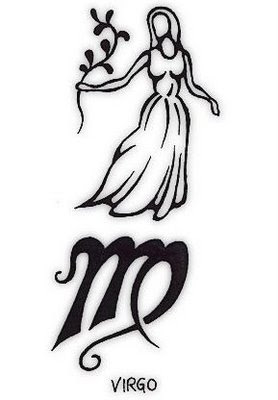
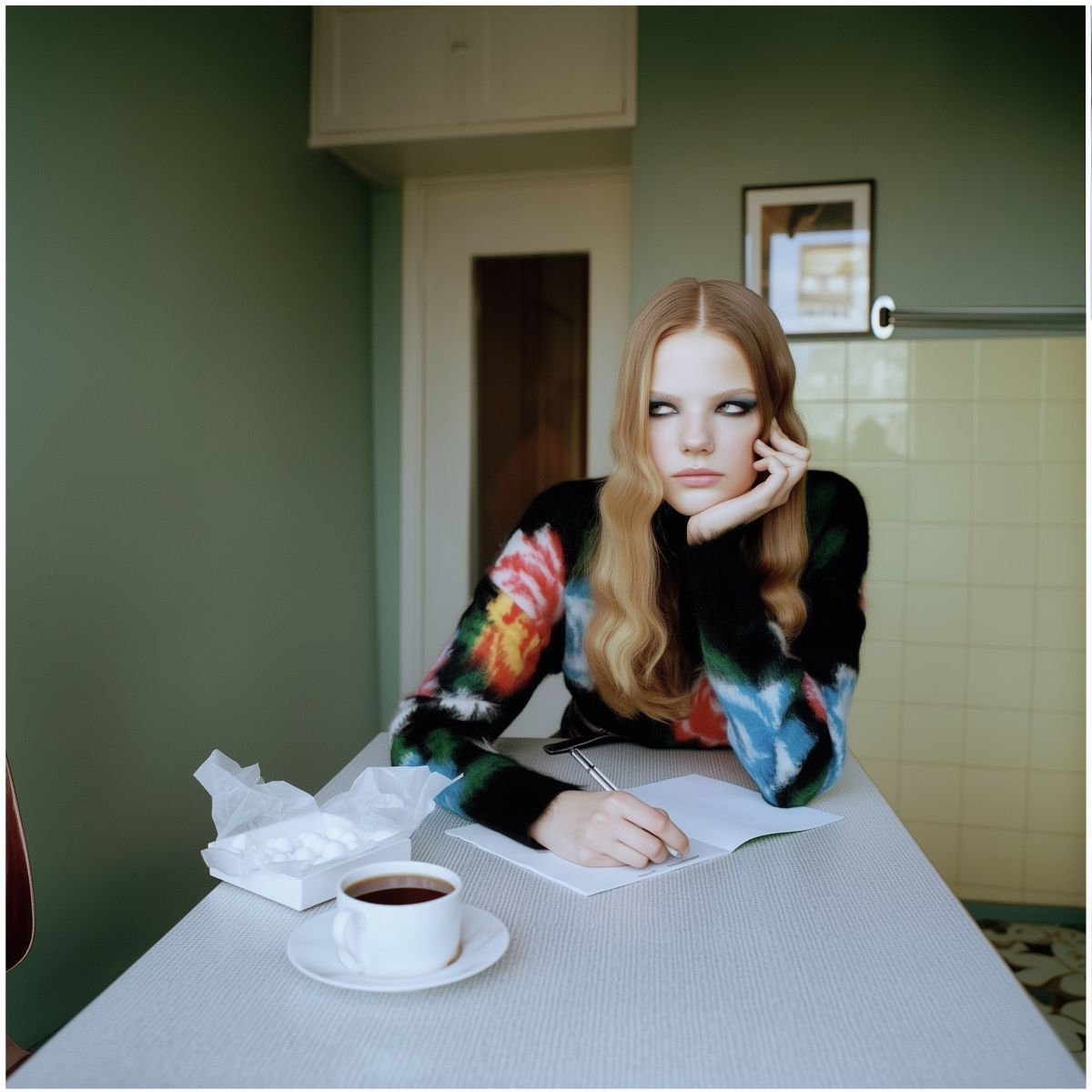






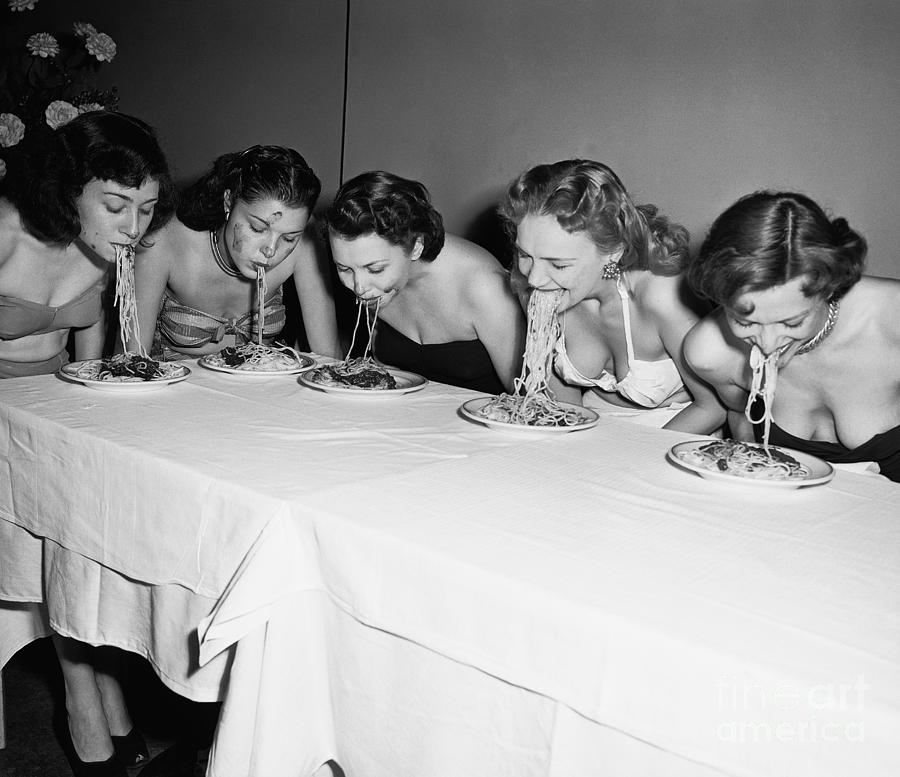 Just Eat it: Moon-Jupiter, Moon-Saturn, Moon-Uranus, Moon-Neptune, and Moon-Pluto Eating Habits
Just Eat it: Moon-Jupiter, Moon-Saturn, Moon-Uranus, Moon-Neptune, and Moon-Pluto Eating Habits
 Pluto in the 12th House
Pluto in the 12th House
 The Dark Side of Taurus: Love, Obsession, and Self-Esteem
The Dark Side of Taurus: Love, Obsession, and Self-Esteem
 Pisces Fish Symbol Meaning
Pisces Fish Symbol Meaning
 The Differences Between Synastry and Composite Charts!
The Differences Between Synastry and Composite Charts!
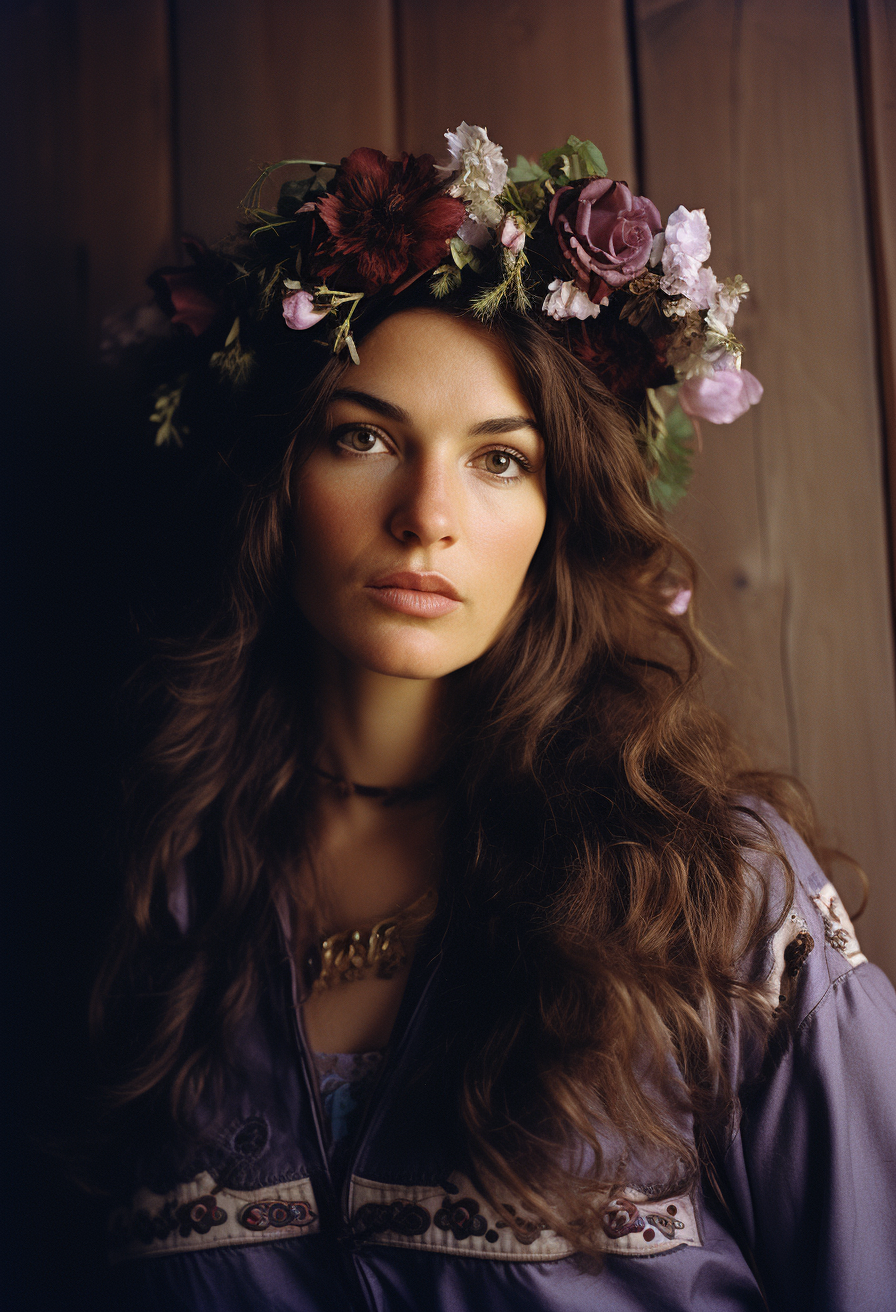 Taurus: Psychology
Taurus: Psychology
 Sun Square Pluto Natal Aspect: I Am Titanium
Sun Square Pluto Natal Aspect: I Am Titanium
 Sun Conjunct Pluto Synastry: Enlightening or Annihilating
Sun Conjunct Pluto Synastry: Enlightening or Annihilating
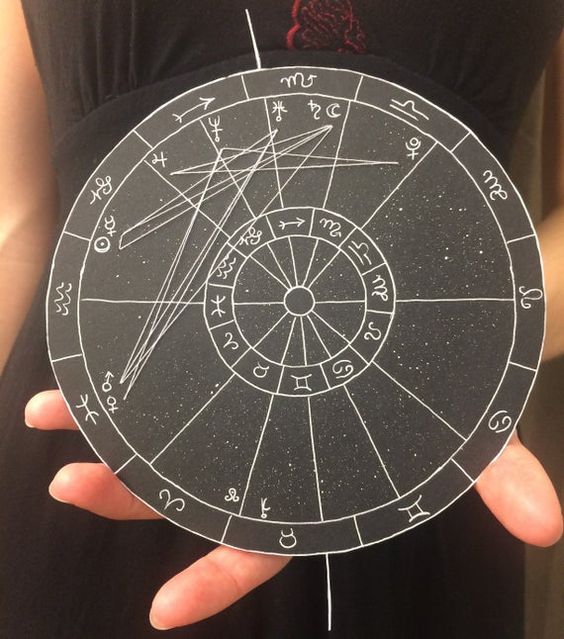 Astrology Degrees and Meaning
Astrology Degrees and Meaning
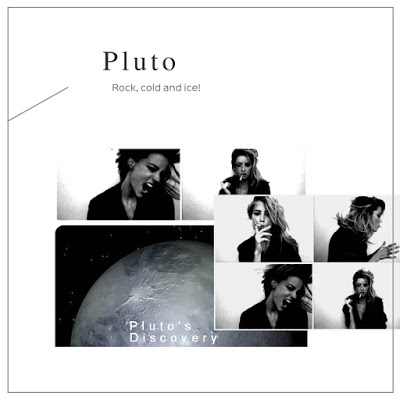 Pluto’s Discovery and Astronomical Features
Pluto’s Discovery and Astronomical Features
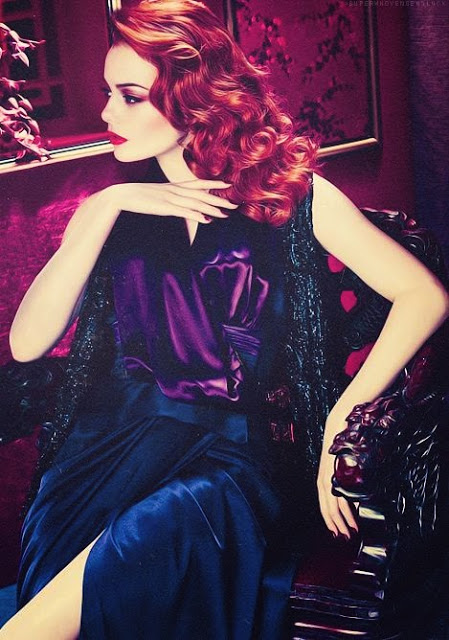 Jungian and Freudian Astrology: Part 1
Jungian and Freudian Astrology: Part 1
 Venus-Pluto: The Magnificent Obsession
Venus-Pluto: The Magnificent Obsession
 Neptune in the 1st House
Neptune in the 1st House
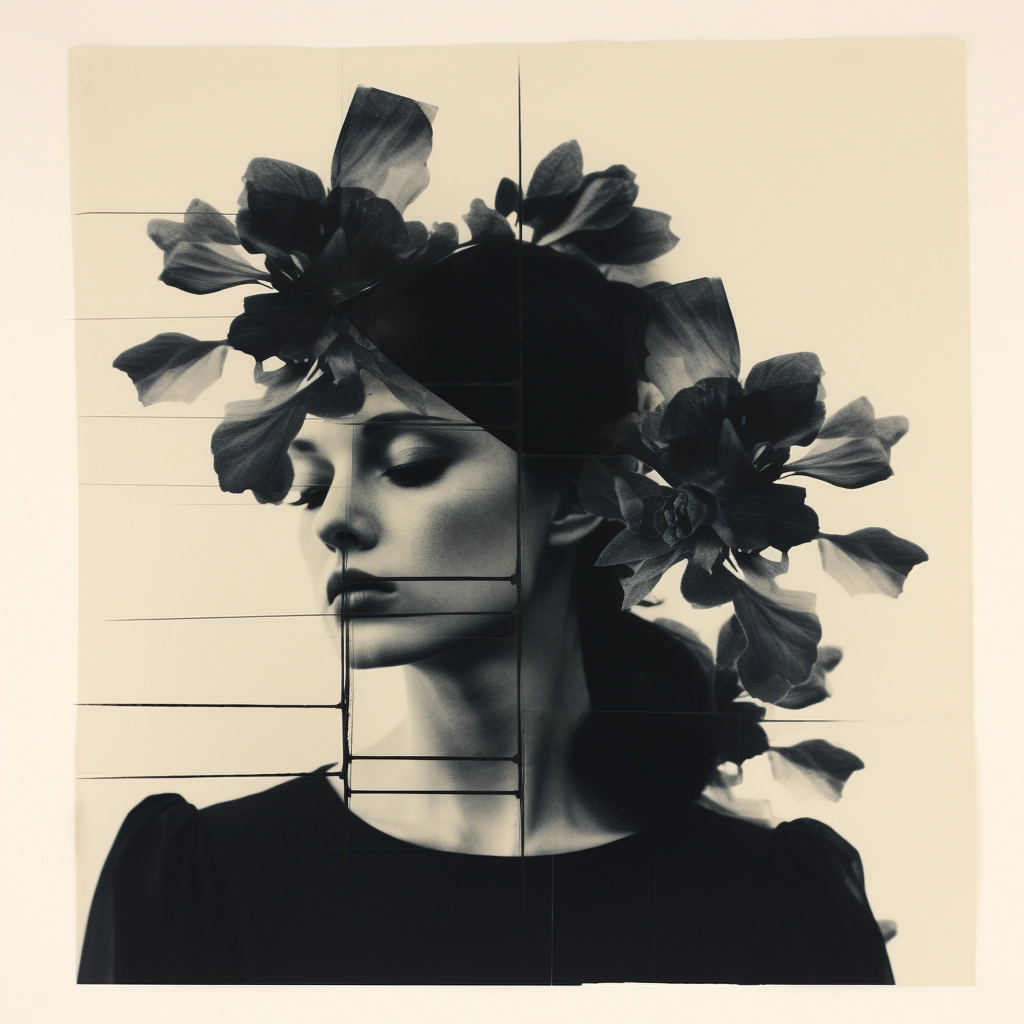 Pluto Aspects – Who Are You Kidding?
Pluto Aspects – Who Are You Kidding?
 Venus in the 8th House: A Deeper Love
Venus in the 8th House: A Deeper Love
 Mercury Opposite Uranus Natal Aspect
Mercury Opposite Uranus Natal Aspect
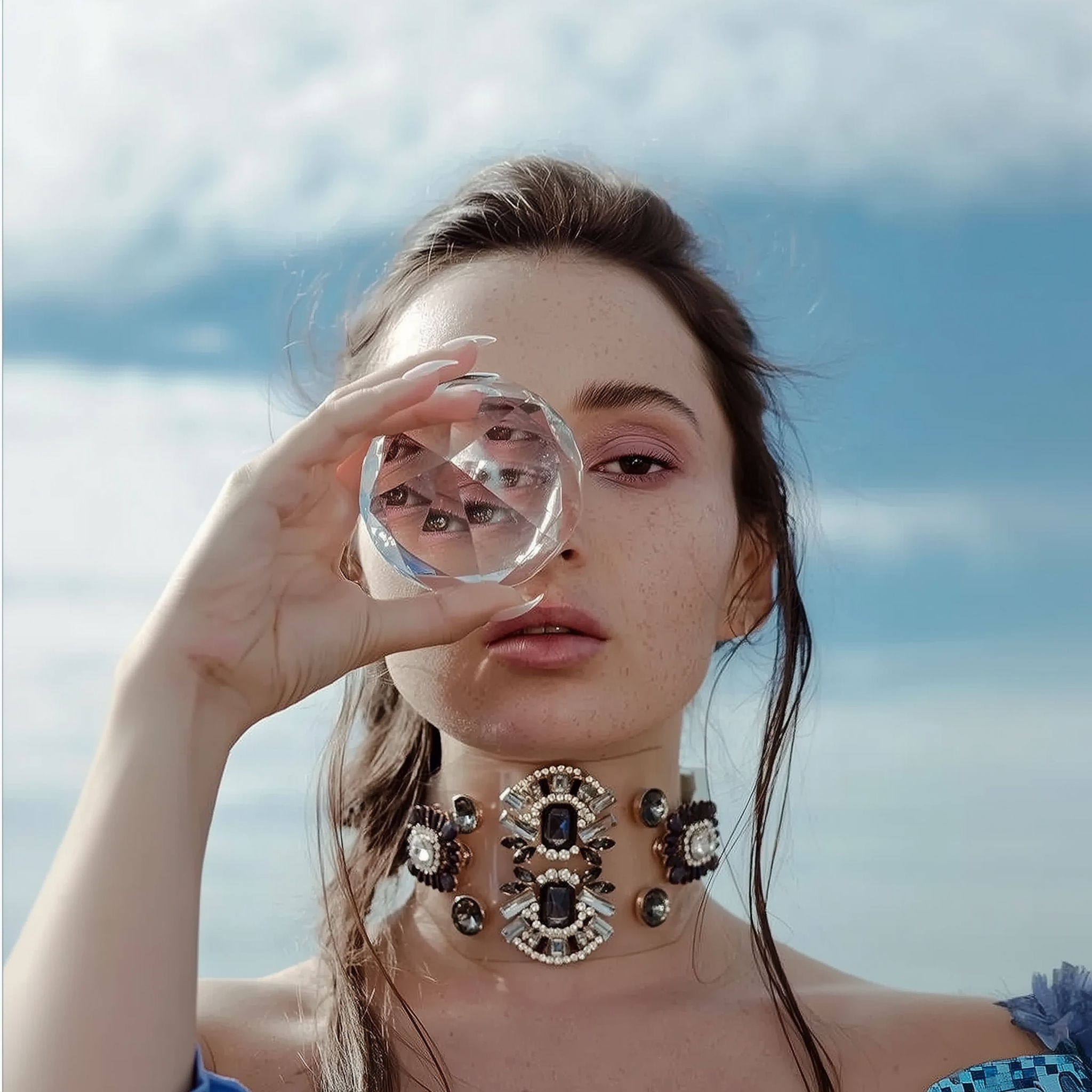 Moon Conjunct Uranus Natal Aspect
Moon Conjunct Uranus Natal Aspect
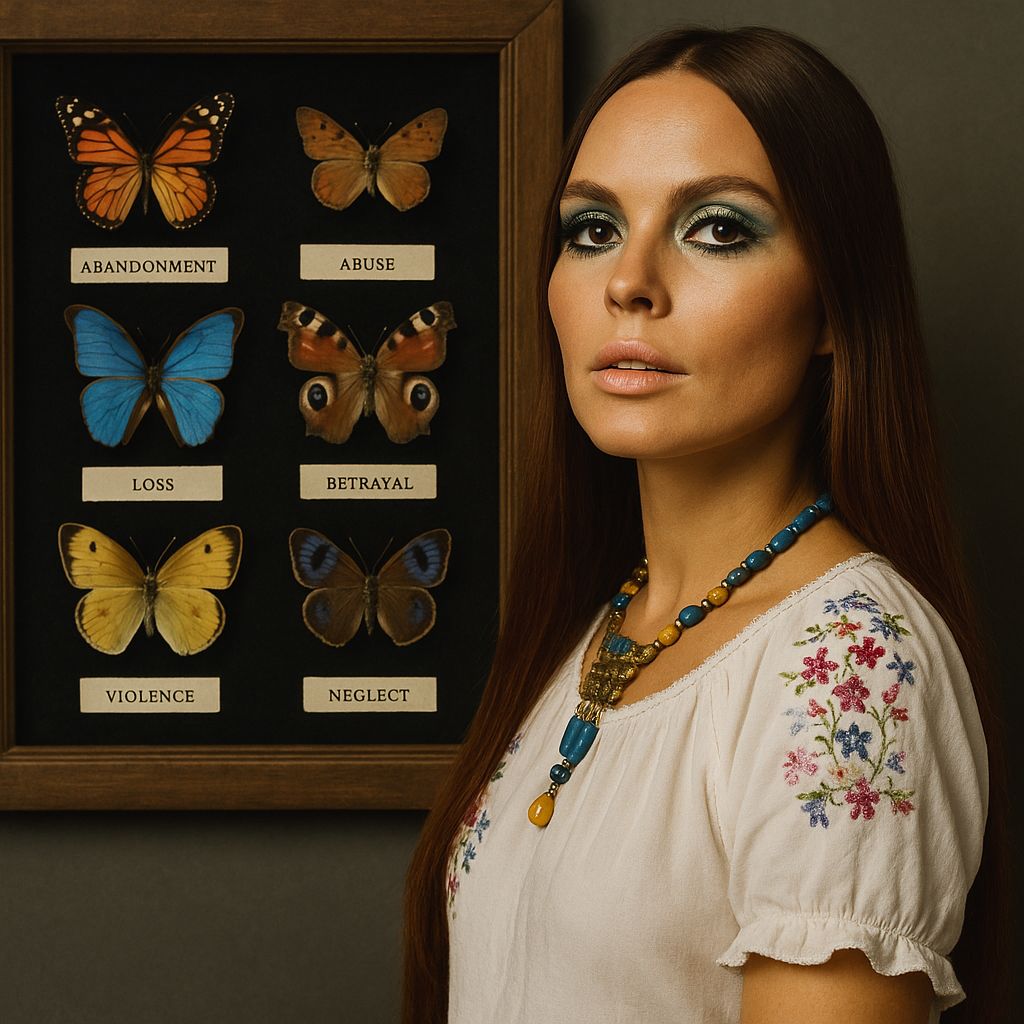 Signs You’re a Plutonian (Part 2)
Signs You’re a Plutonian (Part 2)
 Sun Square Pluto Synastry: You’ve Got That Power Over Me
Sun Square Pluto Synastry: You’ve Got That Power Over Me
 Neptune in the 12th House
Neptune in the 12th House